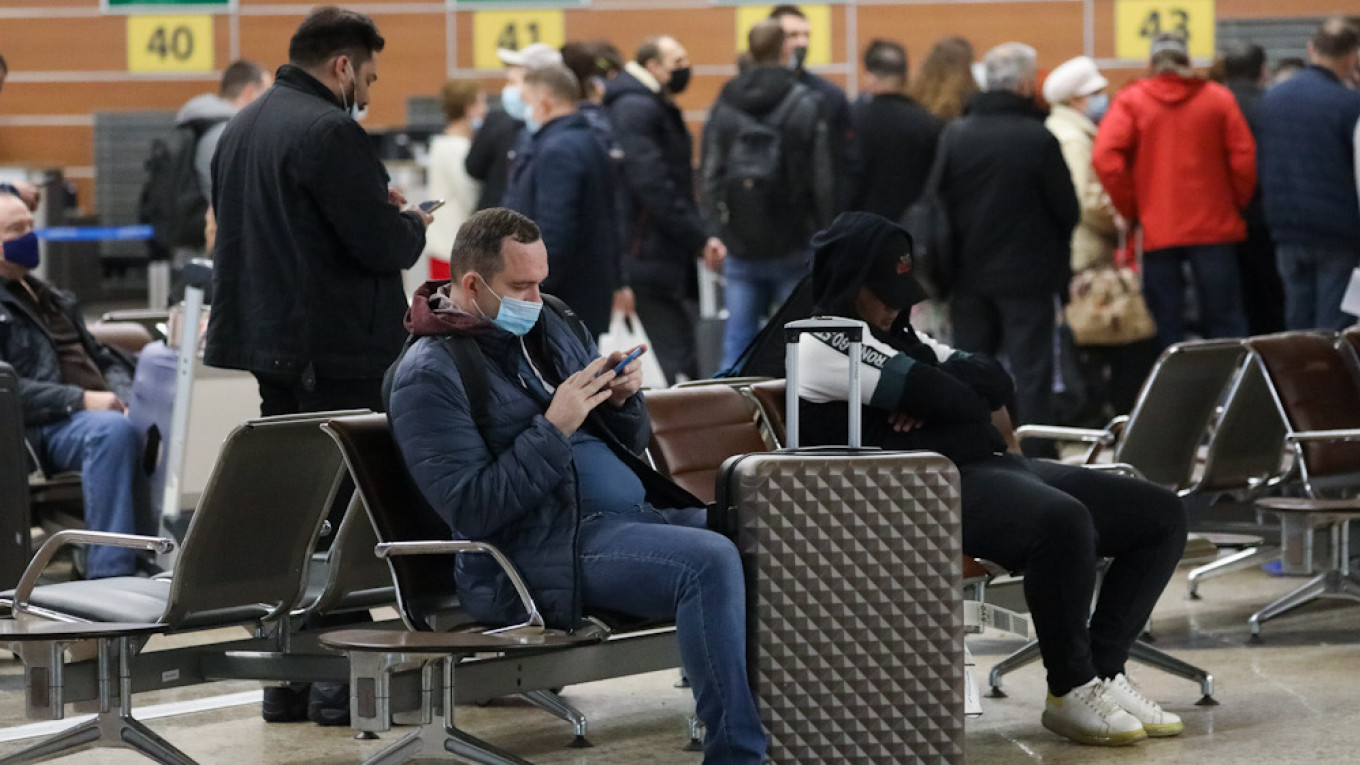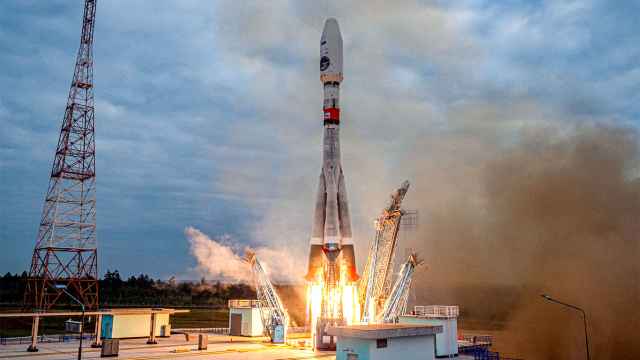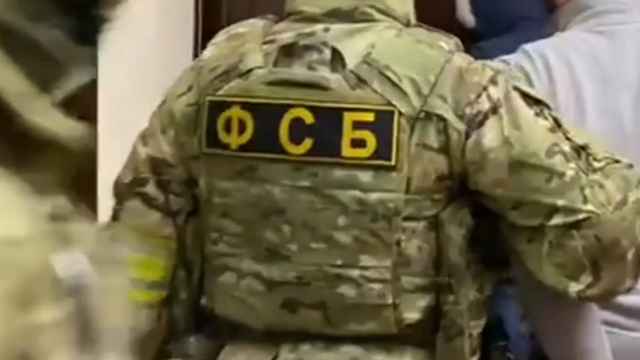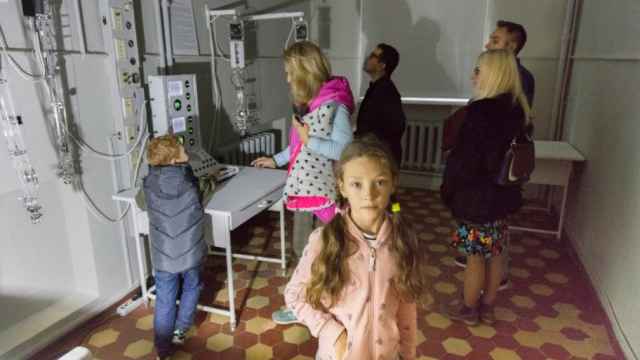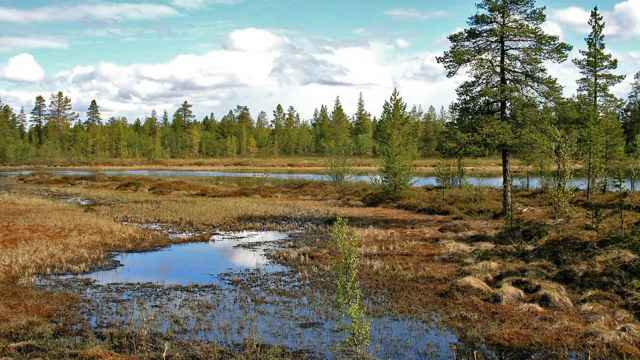The number of scientists and highly qualified specialists leaving Russia has risen fivefold in nearly a decade, Russia’s Academy of Sciences (RAS) said Monday.
Nikolai Dolgushkin, the RAS presidium’s chief scientific secretary, estimated that emigration among Russian researchers increased from 14,000 in 2012 to almost 70,000 last year. He contrasted the figures with China, the United States and other countries bolstering their ranks with tens of thousands of new researchers over the same period.
“Objectively speaking, Russia is the only developed country where the number of scientists has been decreasing for several decades in a row,” Dolgushkin said.
He noted that in 1990 Russia had 992,000 researchers, the world’s highest number. By 2019, that figure had dwindled by two-thirds to 348,000 researchers.
“The continuing outflow of scientists and highly qualified specialists abroad plays no small part in the decline in the number of researchers,” Dolgushkin said.
“It’s a sensitive and urgent issue that’s relevant today,” he said at a RAS meeting.
The figures were disclosed in the same month that President Vladimir Putin signed a highly criticized law requiring Russian educators to obtain state permission for public outreach outside formal settings.
Russian scientists have also decried its requirements to obtain government permission to strike foreign partnership agreements as lawmakers sought to stamp out “anti-Russian” influence in academia.
Last month, the RAS’ Siberian branch classified its own report on pollution across the region “not to stir up the public” ahead of key parliamentary elections this fall.
Several Russian scientists and academics have in recent years been convicted or faced charges of treason and espionage for handing over sensitive materials to foreigners amid souring relations between Moscow and Western countries. Kremlin critics have accused the authorities of groundless paranoia.
A Message from The Moscow Times:
Dear readers,
We are facing unprecedented challenges. Russia's Prosecutor General's Office has designated The Moscow Times as an "undesirable" organization, criminalizing our work and putting our staff at risk of prosecution. This follows our earlier unjust labeling as a "foreign agent."
These actions are direct attempts to silence independent journalism in Russia. The authorities claim our work "discredits the decisions of the Russian leadership." We see things differently: we strive to provide accurate, unbiased reporting on Russia.
We, the journalists of The Moscow Times, refuse to be silenced. But to continue our work, we need your help.
Your support, no matter how small, makes a world of difference. If you can, please support us monthly starting from just $2. It's quick to set up, and every contribution makes a significant impact.
By supporting The Moscow Times, you're defending open, independent journalism in the face of repression. Thank you for standing with us.
Remind me later.


